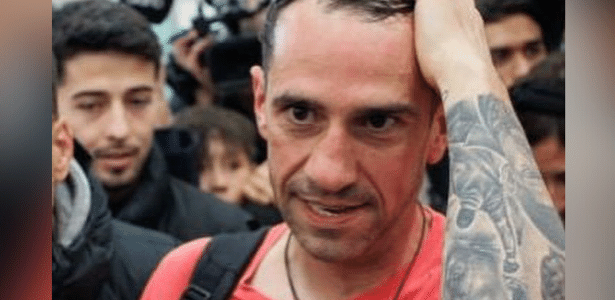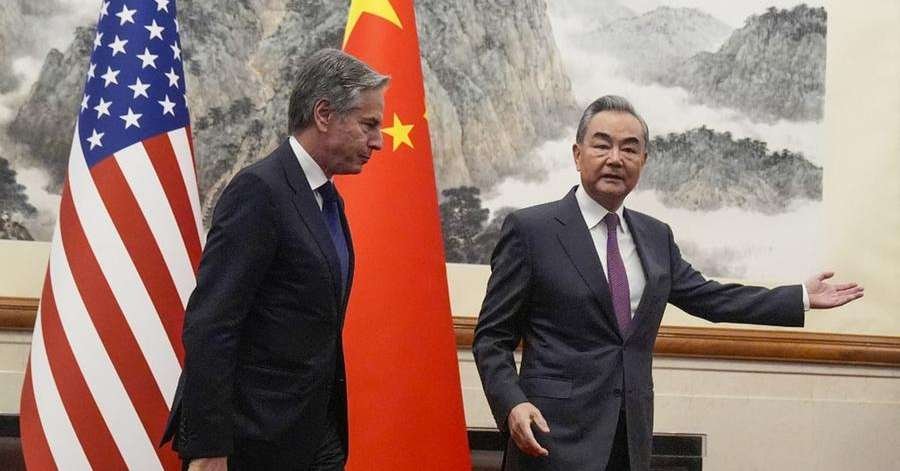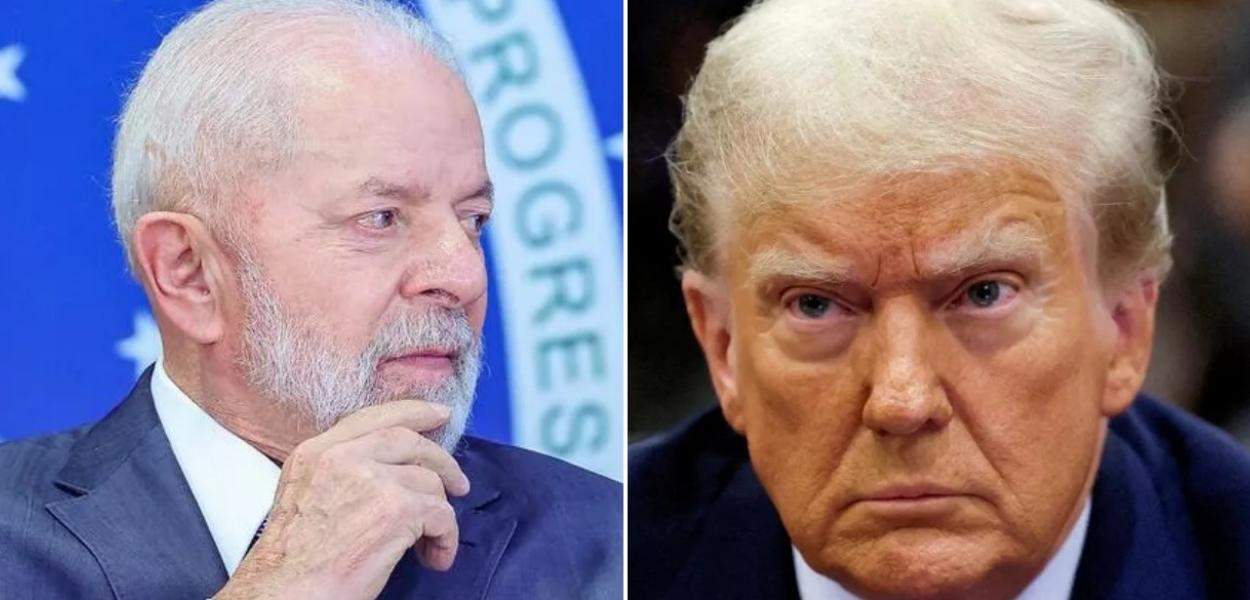
The new variant of the coronavirus, omicron, continues to spread around the world. Identified in South Africa last Thursday, many countries responded by closing their borders with southern African countries. On Sunday, the World Health Organization renewed its call to “keep borders open” and said in a statement that it “stands with African countries.”
“We are in a race against time” to stop the new alternative, admitted on Sunday the President of the European Commission, Ursula von der Leyen. In the Netherlands, health authorities announced on Sunday that 13 South African passengers who tested positive for Covid-19 upon arrival in Amsterdam on Friday were carriers of the omicron variant. And there may be more cases, as 61 positive cases of coronavirus have been detected in total.
Israel, where the case of a traveler from Malawi has been confirmed, has decided to ban foreigners from entering the country from Sunday, and to force its vaccinated citizens who have returned from their trip to take a PCR test and undergo a three-day quarantine (seven if they have not been vaccinated). The decision comes within a month of reopening the country’s borders (on November 1st) and eight days before the Jewish holiday of Hanukkah.
On Sunday, Denmark announced two cases of the new strain in passengers arriving from South Africa, and two cases were also reported in Australia, in two vaccinated passengers returning from South Africa who arrived in Sydney on the same day as the border closures with nine countries. in southern Africa. Twelve passengers were quarantined on the same flight.
Australia recently lifted a ban on its vaccinated citizens traveling abroad without permission. The omicron variant has also been detected in Botswana, Hong Kong and several European countries (Belgium, the United Kingdom, Germany, Italy and the Czech Republic).
new restrictions
The new variant B.1.1.529 of Covid-19 poses “high to very high” risks to Europe, according to the European Union’s health agency. The continent was already facing an increase in cases long before omicron came into existence, leading to the reimposition of health restrictions, which led to violent demonstrations last weekend in the Netherlands and the French Antilles.
In Austria, tens of thousands of people demonstrated this weekend against the duty to vaccinate. On Sunday, the Swiss voted in favor of a law allowing the entry of a Covid passport in the country, in the midst of the fifth wave of the epidemic and after a tense election campaign. New restrictions will come into effect on Tuesday in the UK, such as returning to the use of masks and tightening access to the country.
Other countries announce the suspension of flights from countries in South Africa where the alternative exists, such as South Africa, Mozambique, Eswatini (or Swaziland), Angola, Zambia, Malawi, Lesotho, Zimbabwe, Namibia and Botswana.
Angola, which is on the UK’s red list, on Sunday became the first South African country to suspend flights in the region. For its part, the Philippines announced the cancellation of flights from the areas where the alternative was discovered.
Saudi Arabia expanded the list of countries with which it suspended flights to 14. Kuwait and Qatar (an important air hub) also announced restrictions with nine and five African countries, respectively. A South African doctor, who has seen nearly 30 Covid-19 patients infected with the new omicron variant, said they had only “mild symptoms” and were currently in recovery without the need for hospital treatment.
see also
Transparency
In the United States, which also opened its borders to the world in early November, travelers from eight South African countries are prohibited from entering. On Saturday, Washington praised South Africa for its “transparency in releasing this information” after it felt “punished” for announcing the disclosure of “Omicron”. A signal revealed by the United States of China’s initial management of the epidemic.
Vaccine makers AstraZeneca, Pfizer/BioNTech, Moderna and Novavax have expressed confidence in their ability to fight this new strain. About 54% of the world’s population has received at least one dose of the Covid-19 vaccine; Only 5.6% are in low-income countries, according to the Our World in Data page.
In South Africa, only 23.8% of the population has a complete vaccination schedule. The new format has raised concerns about the global economic recovery. Friday was a bleak day for stock indices and oil prices.

“Proud explorer. Freelance social media expert. Problem solver. Gamer.”





:strip_icc()/i.s3.glbimg.com/v1/AUTH_59edd422c0c84a879bd37670ae4f538a/internal_photos/bs/2024/x/h/ngHz2kQZOGLa80dBAGzg/2024-04-24t173617z-1304864685-rc25d7aohu6x-rtrmadp-3-usa-tiktok.jpg)
